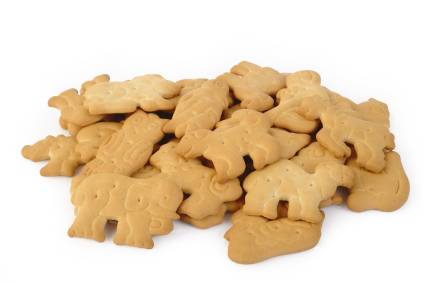Connect with a verified veterinarian in minutes. Licensed vets are available 24/7 to answer your questions. No need to worry about your furry family member.
Have you ever heard of muscadines? If not, you’re in for a treat! These small fruits are quite delicious and have become popular in the US in recent years. These yummy treats may even entice your dog to eat them! But what happens if a dog eats muscadines?
Has your dog eaten muscadines? Are you worried the muscadines will make your dog sick? If so, you’ve come to the right place. We understand it can be scary when your dog eats something like this.
We’ve gathered information about muscadines and whether they can make a dog sick. Let’s get started!
What are Muscadines?
Muscadines are in the grape family and are native to the US! This fruit grows in the southeastern and south-central parts of the country. Muscadines are rounder and larger than cultivated grapes. They usually grow in clusters rather than tight bunches. And people love to use them in jams, jellies, wines, and more.
The muscadines are quite sweet and maybe a greenish or bronze color. They have a texture that’s softer than grapes. And they have seeds you can spit out.
While muscadines are safe for humans, what about dogs? Can muscadines make a dog sick?
Muscadines & Dogs
Unfortunately, muscadines are as toxic as their grape relatives. Muscadines can make a dog very sick or even cause death in some cases. They can cause kidney failure in dogs.
Symptoms of Muscadine Toxicity in Dogs
You may notice these symptoms if your dog has eaten muscadine:
- Vomiting
- Diarrhea
- Increased urination
- Excessive thirst
- Decreased urination
- Loss of appetite
- Dehydration
- Bad breath
If you notice these symptoms in your dog, call the vet immediately. This is an emergency.
Try to determine how many muscadines your dog has eaten and about how long ago he ate them. This information can be helpful to the vet.

Review symptoms, medications & behavior to keep your pets healthy with a Vet Online in just minutes.
Ask a Vet Live NowTreatment of Muscadine Toxicity in Dogs
The vet may induce vomiting or use activated charcoal to keep your dog’s system from absorbing the muscadine toxins. If your dog has developed kidney failure, it may try to support kidney function and flush toxins out of the kidney with an IV. The vet will treat your fur baby’s other symptoms as they arise.
Your canine companion will probably need to be hospitalized for a time, until he’s in stable condition and his kidneys are working properly.
The prognosis is best for dogs that receive prompt medical attention after eating muscadines. While it is possible for a dog to survive, muscadine toxicity can cause death in some cases. It depends on how many muscadines a dog has eaten, along with the dog’s size. And whether or not the dog receives medical treatment quickly or not.
As with grapes, it’s best to keep muscadines out of your dog’s reach. Prevention is always the best medicine.
Connect with a verified veterinarian in minutes. Licensed vets are available 24/7 to answer your questions. No need to worry about your furry family member.

Tom
Tom has always loved to write since he was little - he wanted to be either a writer or a veterinary doctor, but he ended up being a professional writer while most of his works are based on animals. He was born in San Francisco but later moved to Texas to continue his job as a writer. He graduated from the University of San Francisco where he studied biotechnology. He is happily married and a soon to be father!
Review symptoms, medications & behavior to keep your pets healthy with a Vet Online in just minutes.
Ask a Vet Live Now





